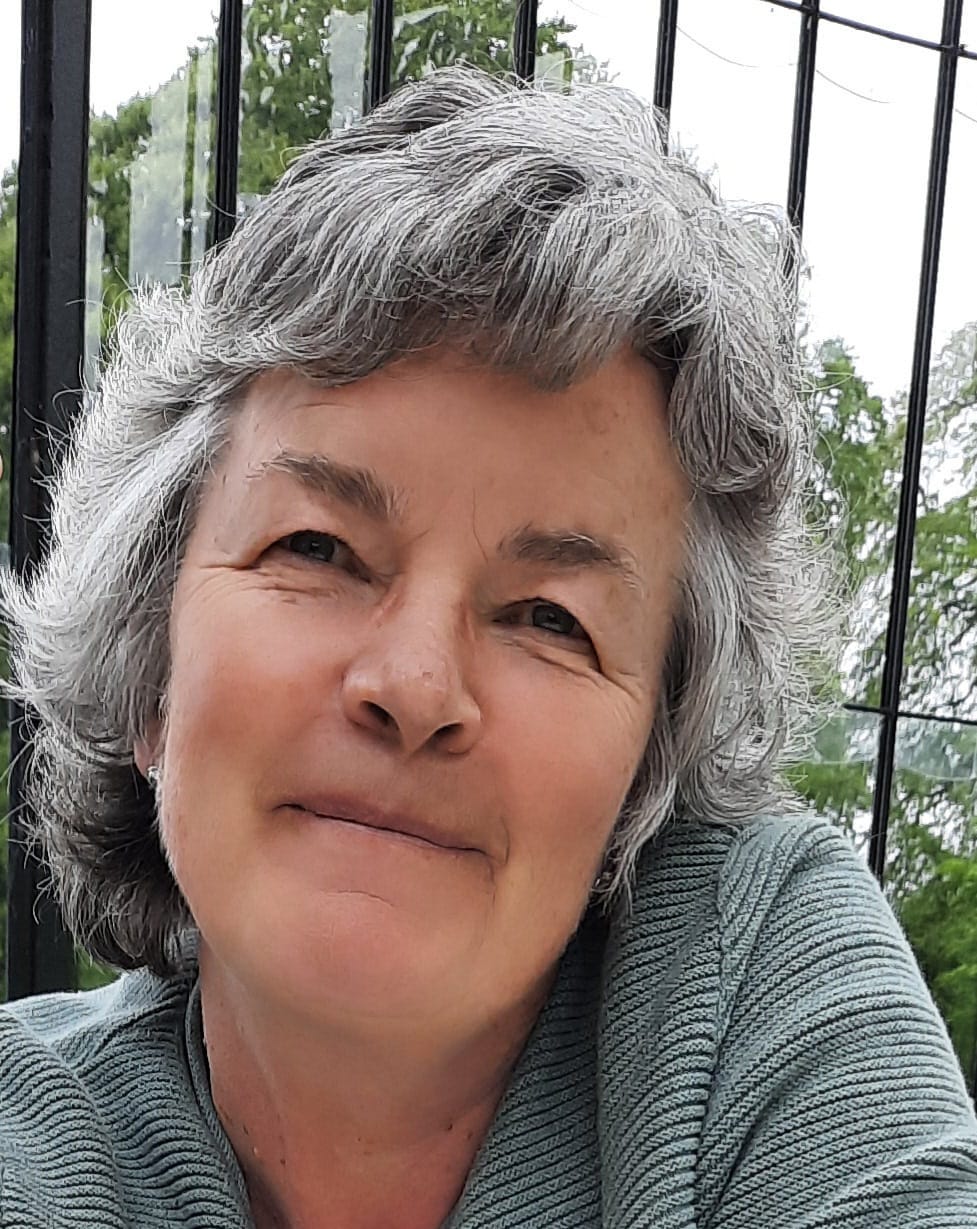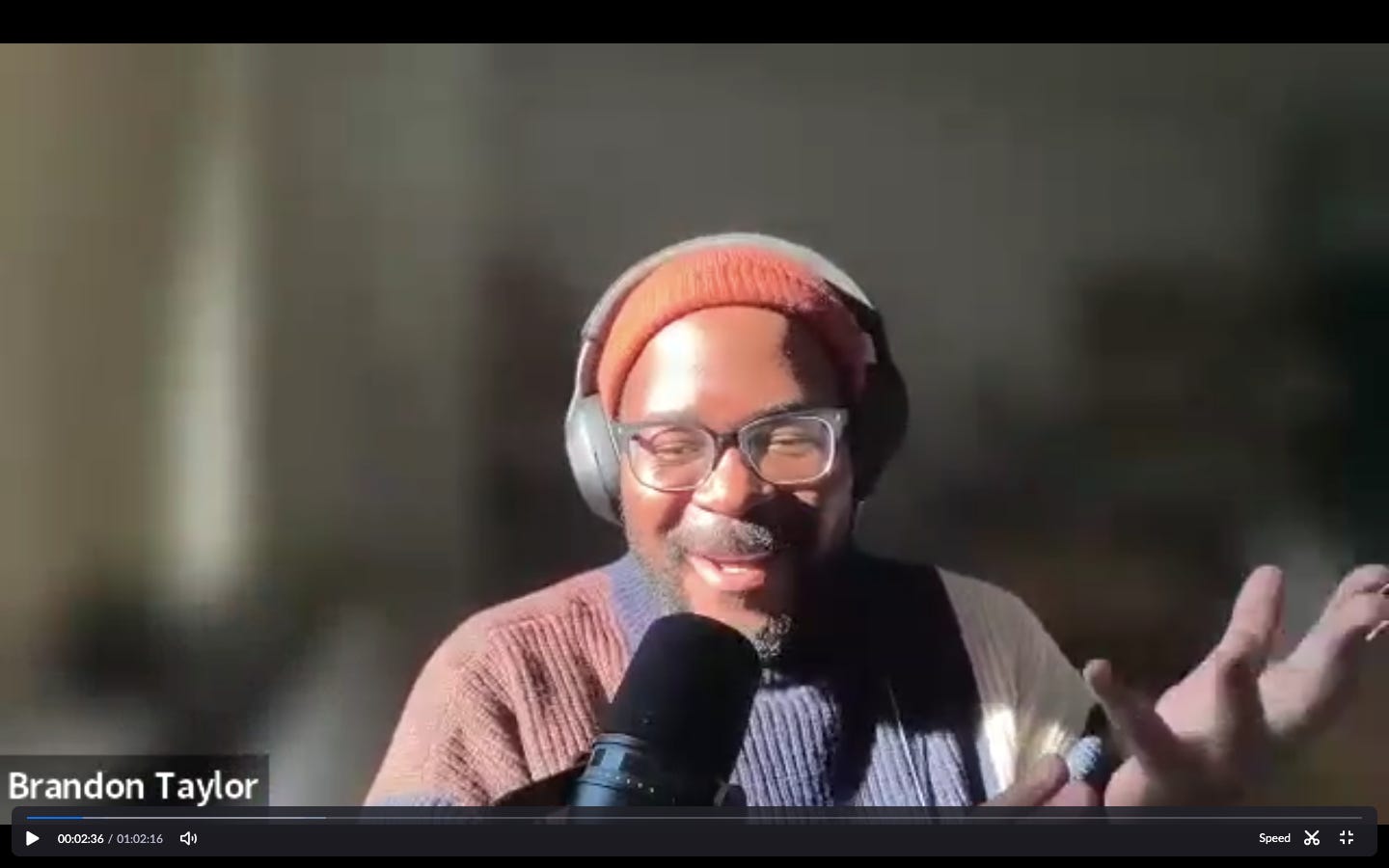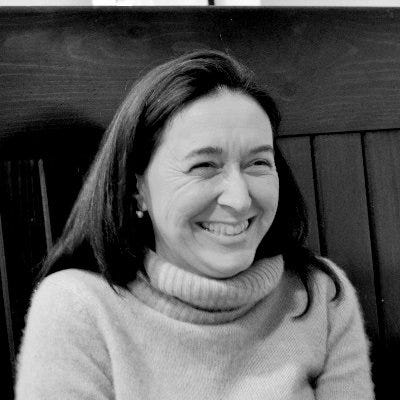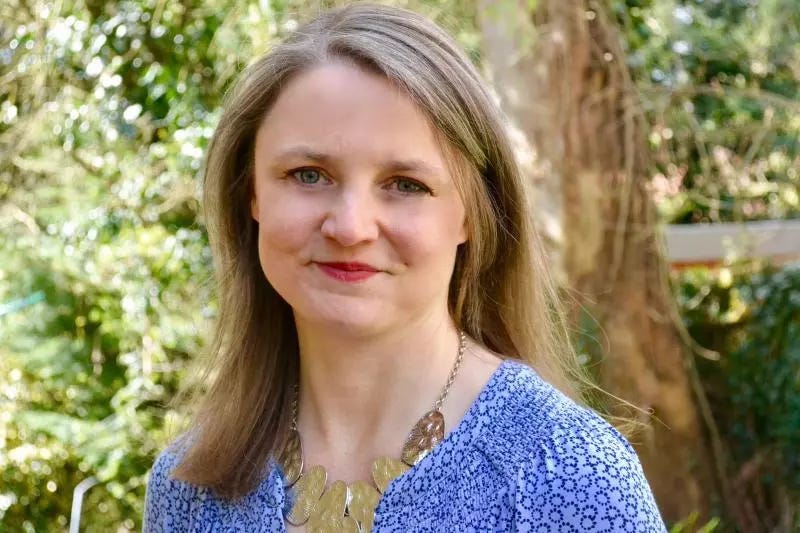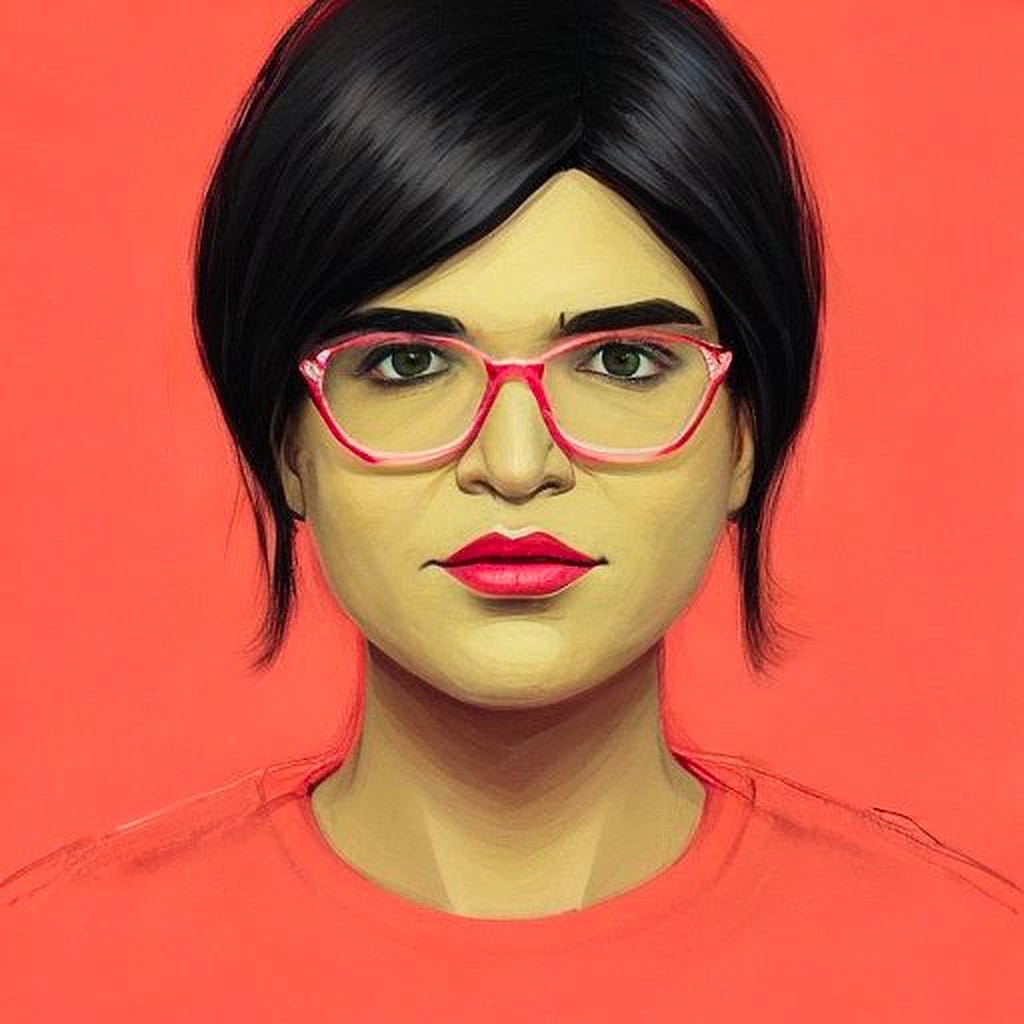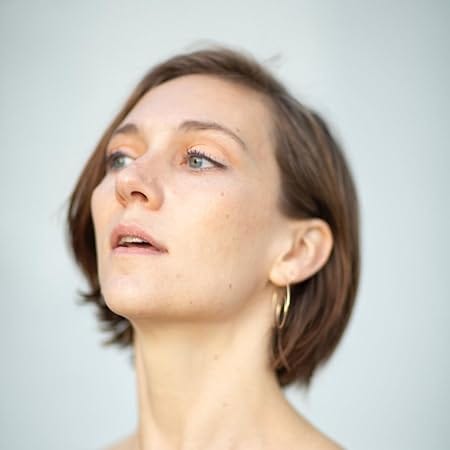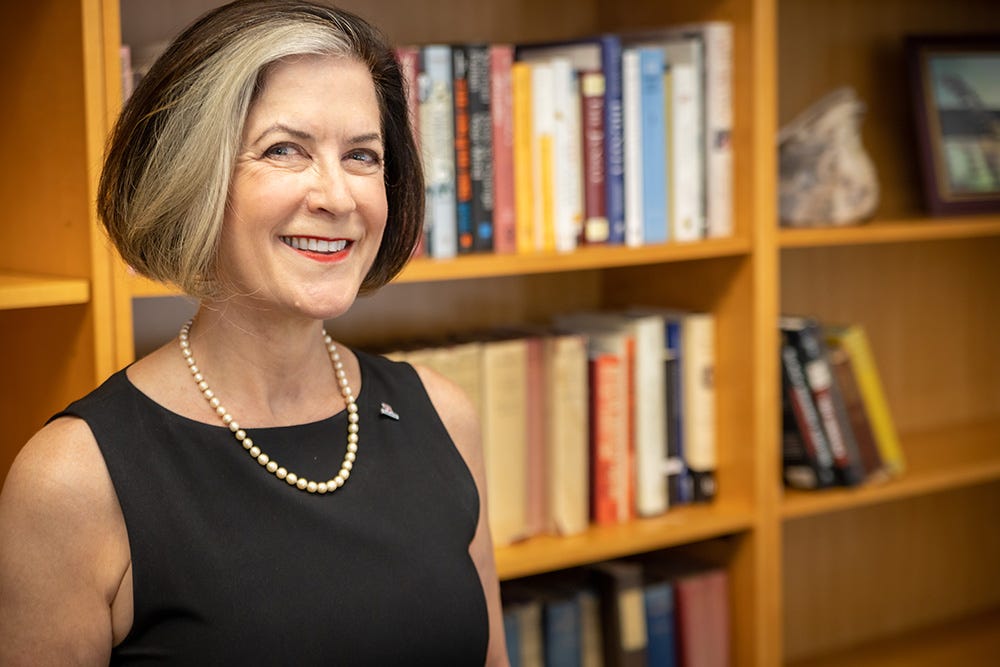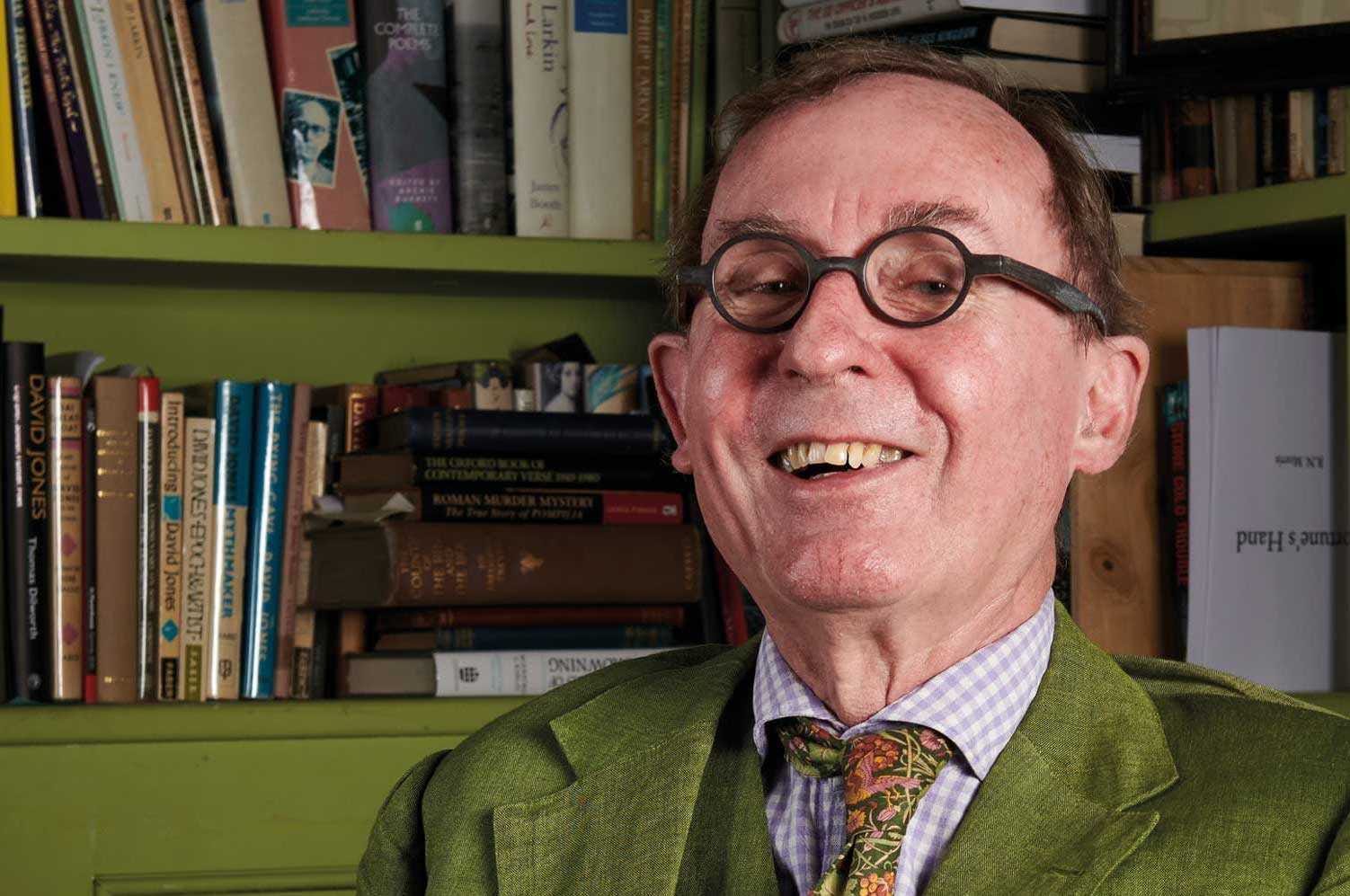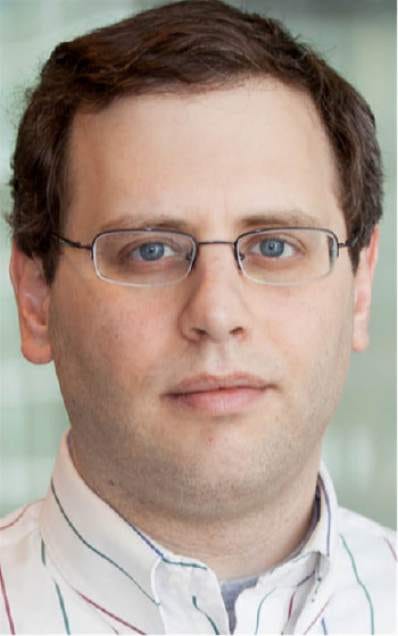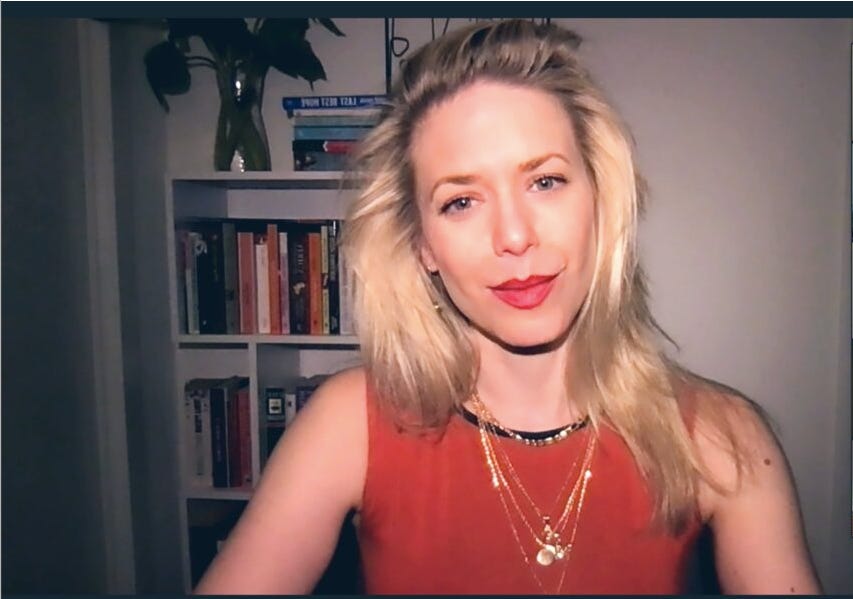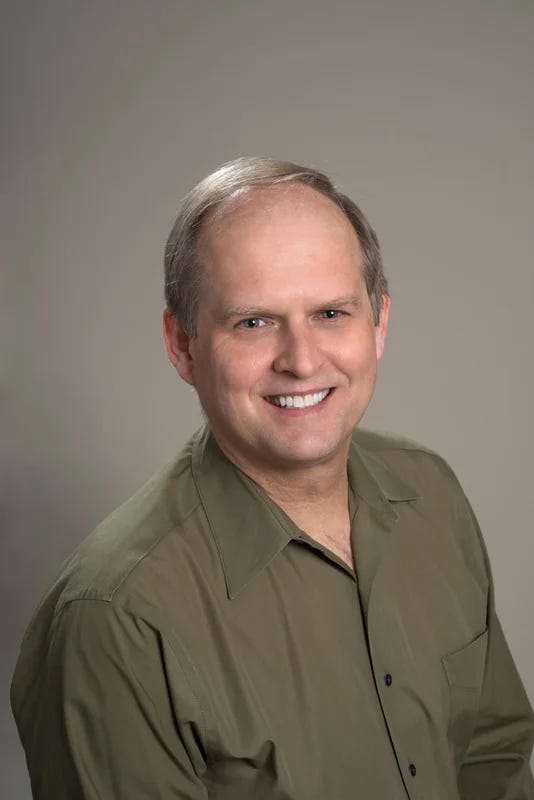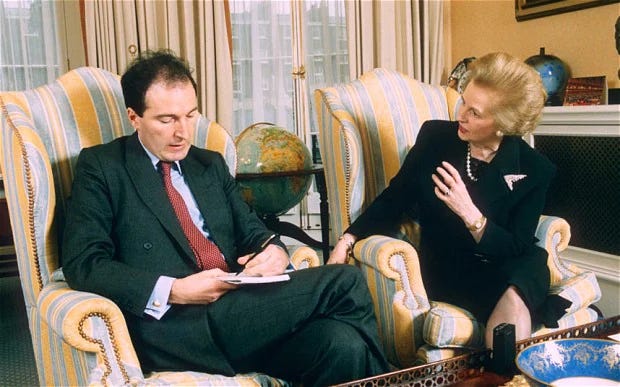Sarah Harkness, late bloomer
Description
It was such a pleasure to talk to Sarah Harkness. Sarah is a former partner at Arthur Andersen who had a career in corporate finance and then as a non-executive director. She is now a literary late bloomer. She has self-published a book about the Victorian artist Nelly Erichsen. She has an MA in Biography from the University of Buckingham, where she studied with with Jane Ridley. She won the Tony Lothian Prize, 2022. And she is now writing a biography of the Victorian publisher Alexander Macmillan and his brother which will be published next year. We talked about Sarah’s career, her long-held ambitions, what she learned from corporate finance, her views on talent spotting, Alexander Macmillan, how Sarah would try to discover other late bloomers lurking in the wrong jobs, and why a business career helps you to understand Victorian literature.
Being a Late Bloomer and Alexander MacMillan
Henry: Are you a late bloomer?
Sarah: My husband says I should be very annoyed at that question because he says I've been marvellous all along. I think I'm a late bloomer if in the blooming bit, which is that I'm now doing something that makes me really unconditionally happy, whereas before I did a lot of stuff that was sometimes important and sometimes well paid, but I never enjoyed it half as much as what I'm doing now.
Henry: So, let's start with just briefly, what are you doing that makes you really happy now?
Sarah: I have a contract to write a book that a proper-publishing house says they're going to publish. So I'm writing a biography, a double biography called The Brothers of Daniel and Alexander Macmillan, who founded MacMillan publishing 180 years ago. And it's taken me a while, but I've got an agent and I've got a publishing contract, and I need to submit a manuscript in the next eight months, and it will come out in 2024 all being well. And that's making me very happy.
Henry: Good, and that's the grandfather or great-grandfather of the prime minister?
Sarah: Daniel is the grandfather of the prime minister, and Alexander, who's the one who really built the business after Daniel died, is his great uncle.
Henry: So an interesting family for more than just their business interests.
Sarah: Yeah. And I mean, fantastic achievers themselves because Daniel and Alexander were born into absolute poverty on the West Coast of Scotland. Their father was a carter, who died when they were young boys. Daniel left school at 10, Alexander when he was 15. And by the mid-1860s, Alexander is one of the literary hosts of London, and within two generations, they have an offspring who will be prime minister and married into the Duke of Devonshire’s family, it's quite a climb.
Henry: So, what we're talking about, this is really the Victorian self-made man?
Sarah: Absolutely. Samuel Smiles and all his glory, absolutely.
Henry: Yeah, yeah, we love Samuel Smiles.
Sarah: Yeah, same.
Henry: So, where does your interest in that type of subject or person come from?
Sarah: Well, there's a basic love of all my period, of all the periods of history and all the periods of literature, Victorian times would be absolutely bang on is what I know most about. I'm very comfortable working in that time, and I love the books and the poetry from that time. The way I found it was very serendipitous, which was that my husband collects art and had found a lot of art by a big, very unknown Victorian woman painter. And I researched her life, and the more I researched it, the more I thought I need to write this down, and it turned into a book that no one would publish, but people said to me, "Write about someone we've heard of and come back to us," and that's a really hard question because almost everyone you've heard of has got a book.
That's why you've heard of them, but I had a stroke of luck, which was literally in the research on the book about... The artist is called Nelly Erichsen, and in my research on her, she was a neighbour of the MacMillan family in South London in the 1870s, and related by marriage, sort of in a hop and a skip to the MacMillan family, so she knew the MacMillans, she stayed with the MacMillans. And I did research the MacMillan family to write about Nelly, and there wasn't a book, there haven't been a book since the 19... Since 1940. So there was an opening to do a book because most people have heard of MacMillan Publishing, most people would think it was interesting to understand how that had been started and no one has written about it for 80 years. So that was the stroke of luck, I think.
Henry: So it comes from a kind of a long-term immersion in the period and a very indirect discovery of the subject matter?
Sarah: It does, it does. I mean, I have been talking about Nelly Erichsen and her bit of Tooting where she lived and the people that she knew for, gosh, nearly 20 years now, so I mean it is a long immersion, but it took me a very long time to have confidence to show anyone what I was writing about it.
Early interest in Victorians
Henry: Yeah. And that if we go back 20 years, is that where you start sort of reading and working on this?
Sarah: Yes.
Henry: Or had you been reading about the Victorians from earlier?
Sarah: I think that... I mean, I did PPE at Oxford, but my favourite paper and finals was Victorian social political history, so the 1860s is bang on the period. I think all the time I was working and having a career, I was reading my way through Trollope and Dickens and George Eliot, so... And Tennyson. So that in that way, and it's the sort of art I like, so it is definitely my spot, but I had never thought about researching online, finding out about anyone and writing it down until, yeah, 15 years ago when I started doing that.
Henry: But when you started doing that, you'd actually had years of reading the novels, being immersed in the period, it goes back, you were ready, you weren't just coming to this out of nowhere?
Sarah: Yes, I wasn't, I wasn't. And it does remind me that about... Well, it was at the time when my children were babies, I wanted to give up work and study Victorian literature. I mean, I felt then that it was something I wanted to do, and I had an idea of writing... The book that inspired me was some Anthony Trollope’s The Way We Live Now.
Henry: Fantastic book.
Sarah: And I was fascinated, yeah, fascinated by the Melmotte character and I wanted to do an MA or something that would allow me to write, to use the knowledge I had at the city today against what was Trollope writing about, I thought that would be interesting. So I have thought about it 25 years ago, and that had to absolutely no encouragement from anyone to do anything about it. So I didn't, I kept working, but it's funny that that's almost where I've ended back up, which is looking at Victorian literature.
Henry: Yeah, it's like a... It's a deep vein that runs through your life and now it's come to the surface.
Sarah: It is, it is, absolutely.
Sarah in the City: business expertise as a literary advantage
Henry: So, you've hinted it that you did PPE, you were in the city, tell us, because you were already blooming before, you are not a late bloomer, you're a repeat bloomer, tell us what was happening when you weren't being a Victorian writer.
Sarah: So, I went from Oxford into the city into a corporate finance house that was part of NatWest Bank, so we call that NatWest markets, and I did corporate finance, so flotations, mergers, takeovers, raising money from 1983 right the way through to 1990s. In the 1990s, I left London and moved up to Yorkshire, but I kept working. And at that point, I had small children, so I was working three or four days a week, working in Leeds doing corporate f

